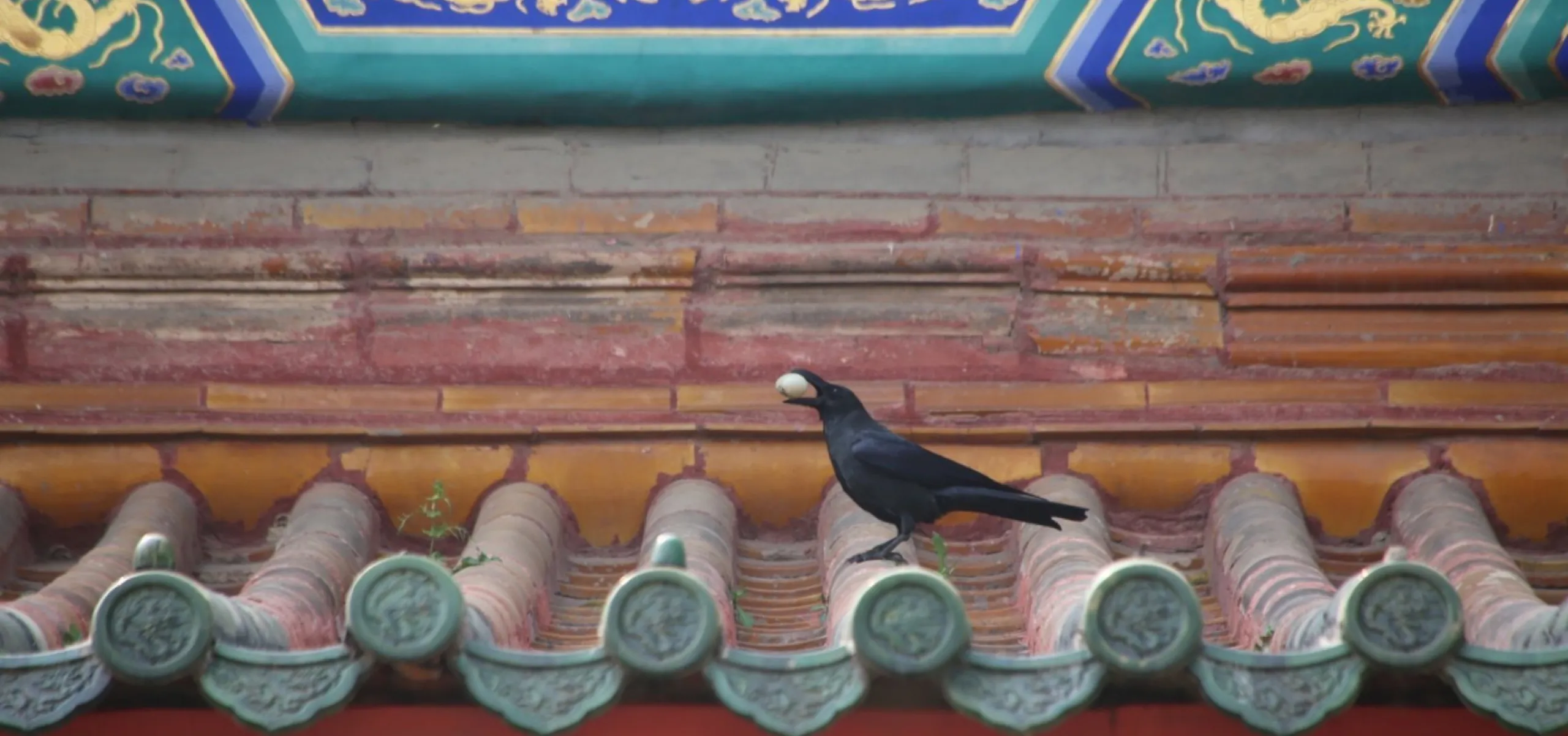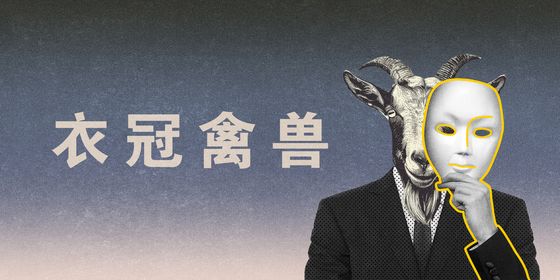English and Chinese sayings that are almost exactly equivalent
Chinese is well-known for being rich in idioms—to date, the Xinhua Dictionary boasts 520,000 chengyu (成语), ranging from three to 16 characters, in its collection. The English language is no slouch either, with The American Heritage Dictionary of Idioms listing 10,000 words and phrases in its latest edition.
Many of these idioms exist in both English and Chinese, as Chinese intellectuals in the early modern period imported a number of expressions from abroad in their works: Phrases like “血浓于水 (xuè nóng yú shuǐ, blood is thicker than water)” and “趁热打铁 (chènrè dǎtiě, strike while the iron is hot)” all appeared in Chinese in the early 20th century. Interestingly, though, a number of these equivalent idioms seem to have evolved independently with apparently no influence in either direction, and the following list explores the Chinese origin of several of these parallel phrases.
We have excluded expressions like “入乡随俗 (rùxiāng suísú, following the customs of the village one is in),” which is often compared to the English “When in Rome, do as the Romans do,” because the two are not alike enough in terms of the sentence structure or the metaphors they use; as well as sayings that may have shared a common origin in both English and Chinese, such as “种瓜得瓜 (zhòngguā déguā, sow a melon and reap a melon; reap what you sow),” which comes from Buddhism. Instead, we only feature expressions such as “一箭双雕 (yíjiàn shuāngdiāo, shoot two rooks with one arrow)” that display a high degree of similarity in both language and imagery, with no known evidence of being a translation from one language to another.













